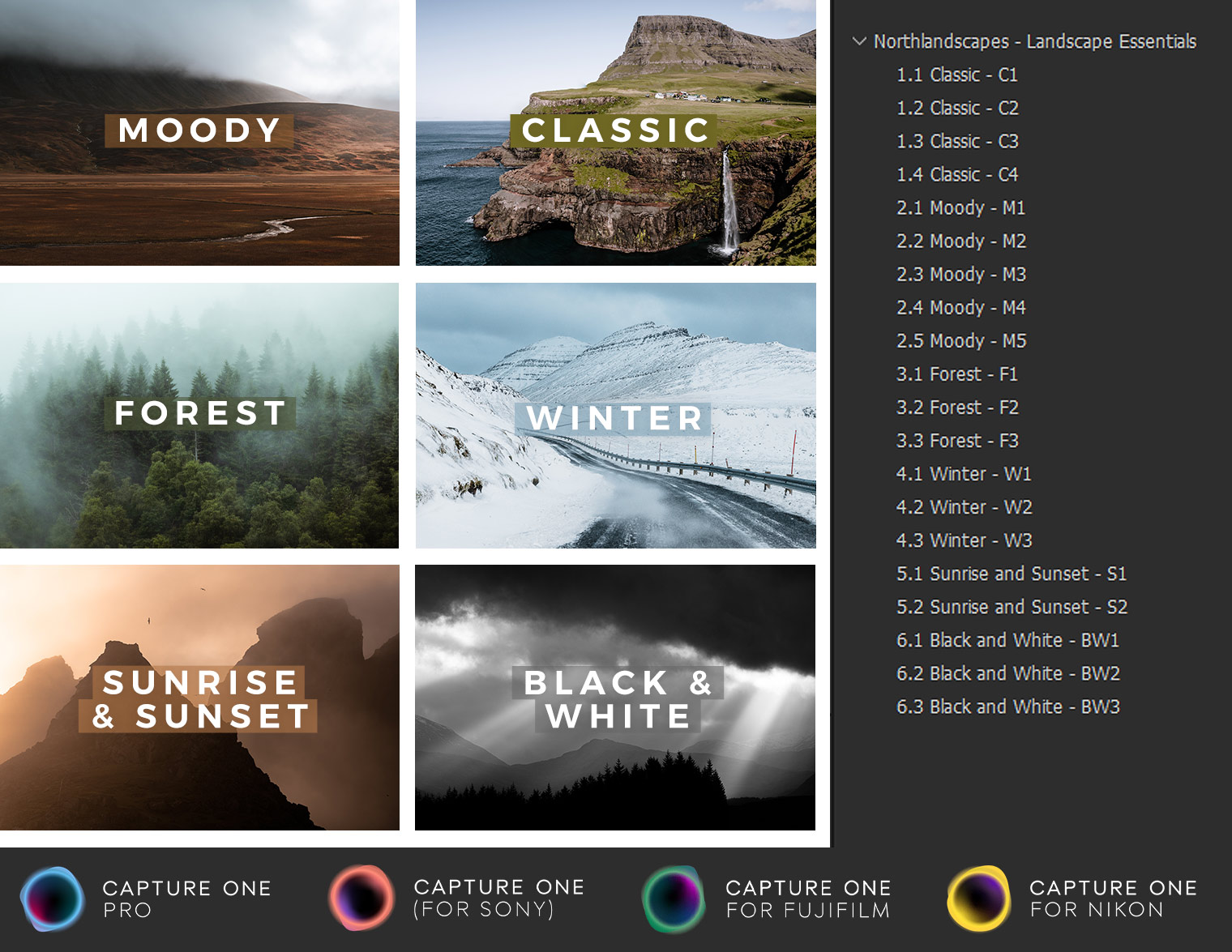
In general, I try to keep clear of using slider tools as much as I can.

If I want the image to be brighter or darker, I use the curves. Instead, if I want a color shift towards warmer or cooler tones, I use the Color Balance Tool and simply adjust the Master tab. Any White Balance or Exposure changes should therefore not be part of the Style. This makes it easier to pull the adjustments in the direction I want. As a rule of thumb, I always assume each shot I apply a Style to is correctly exposed and has a neutral white balance. Since photography operates within many different genres and styles, and the conditions of shooting might even vary from shot to shot, you will want your Styles to be as broadly applicable as possible. The Preset ‘Silver Rich Small Grains’ accessed from both Film Grain tool and Styles and Presets tool What to think about when creating a Style

A Style can include as many tools as you like, thus enabling photographers to create an extensive bank of ready-to-use adjustments for any workflow.

Technically speaking, a Style in Capture One is simply a set of pre-made adjustments that can be applied to one or more images with a single mouse click.
#Capture one pro styles download
If you don’t already have Capture One, you can download a free 30-day trial.īefore we move on to the technical tips and tricks, let me just quote a previous blog post about Working with Styles: This blog post will describe some best practices to make your Styles more useful and broadly applicable for optimal results. Whether you use Styles and Presets as a large part of your editing process, or simply browse through them occasionally for inspiration, they can be hugely beneficial to any workflow.


 0 kommentar(er)
0 kommentar(er)
